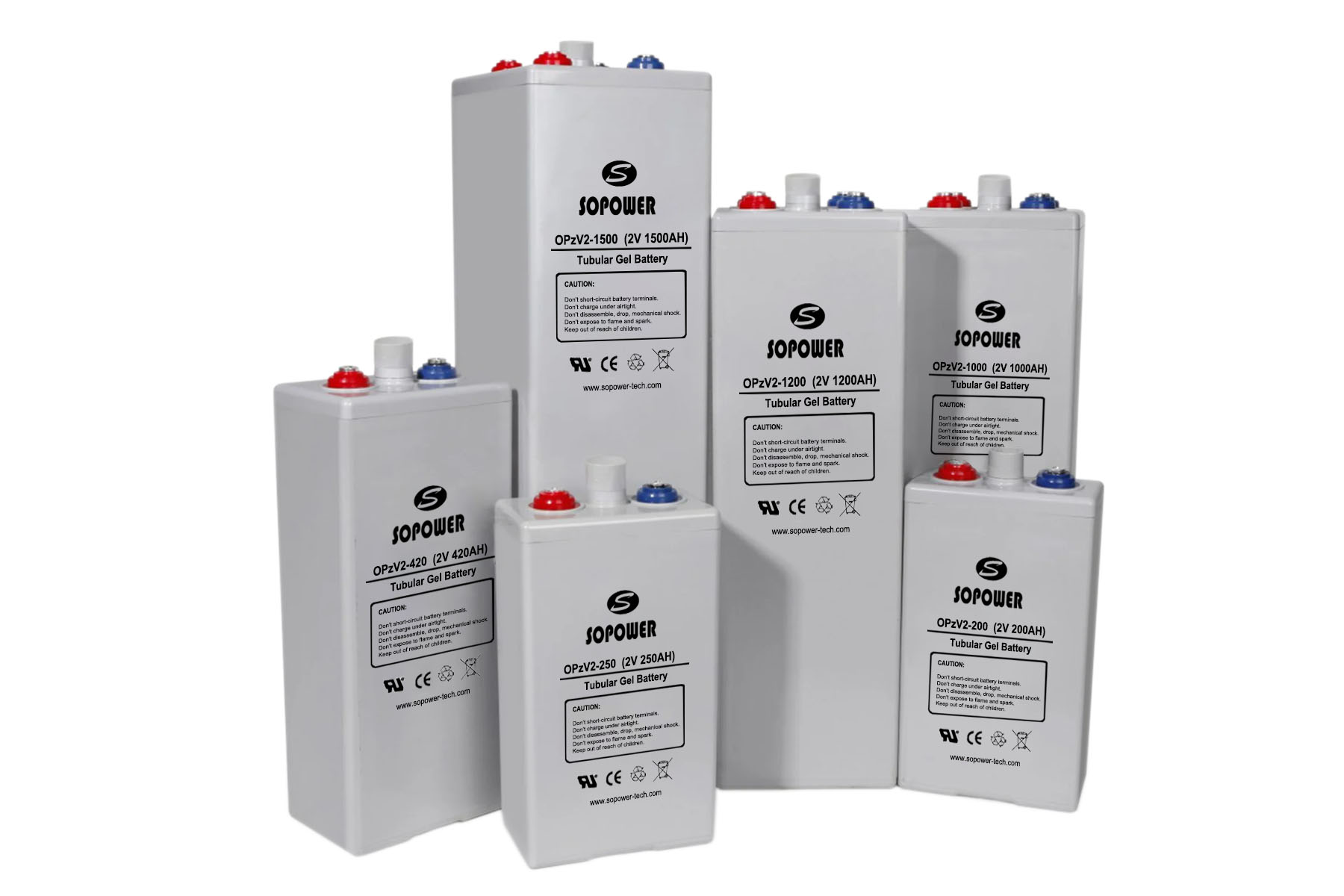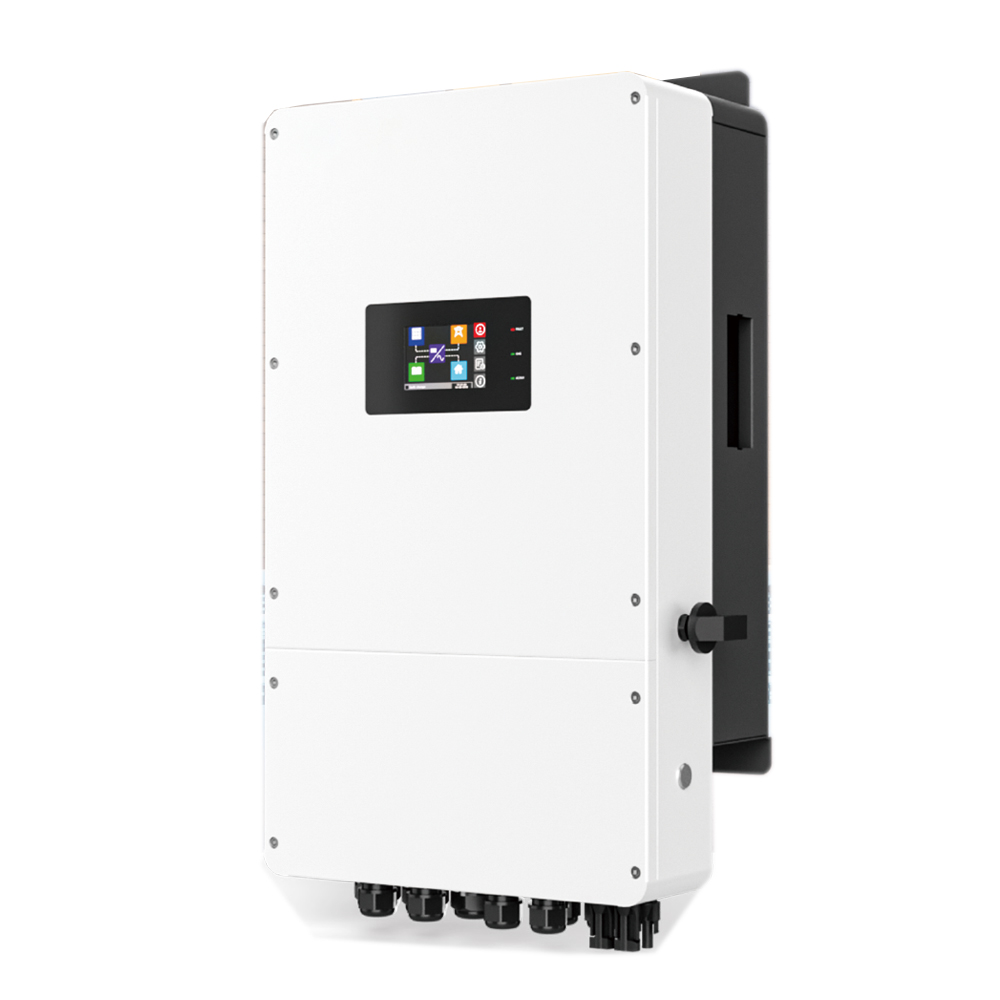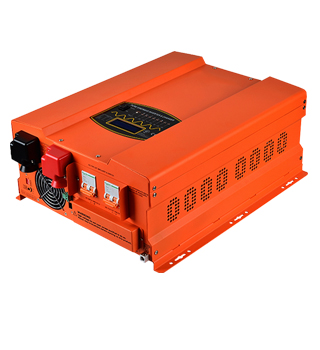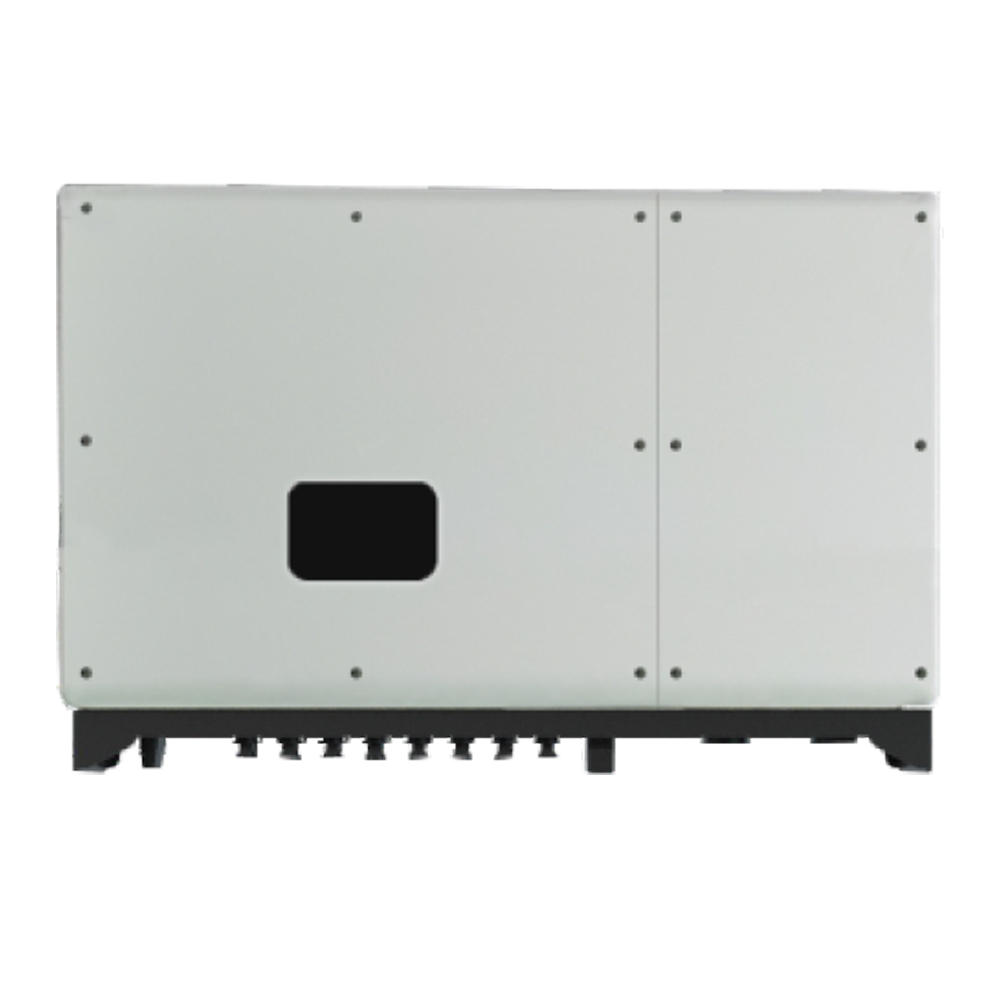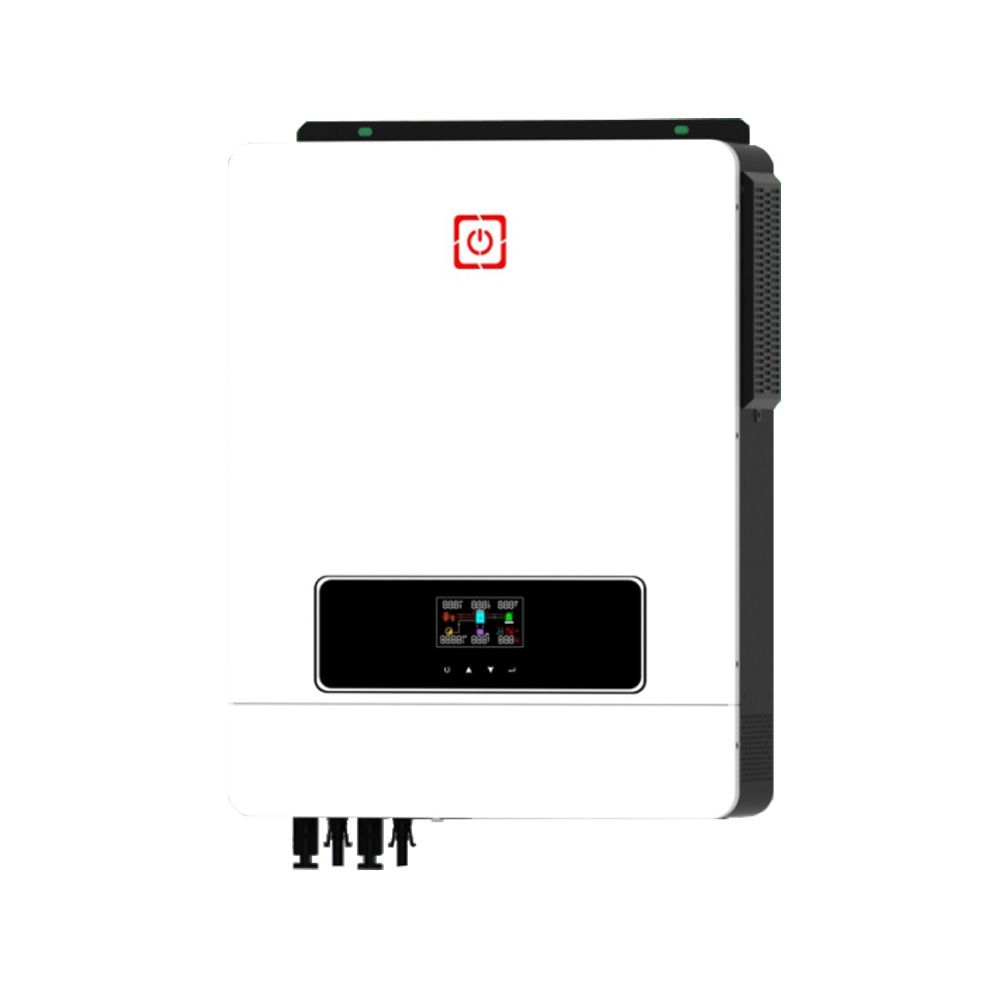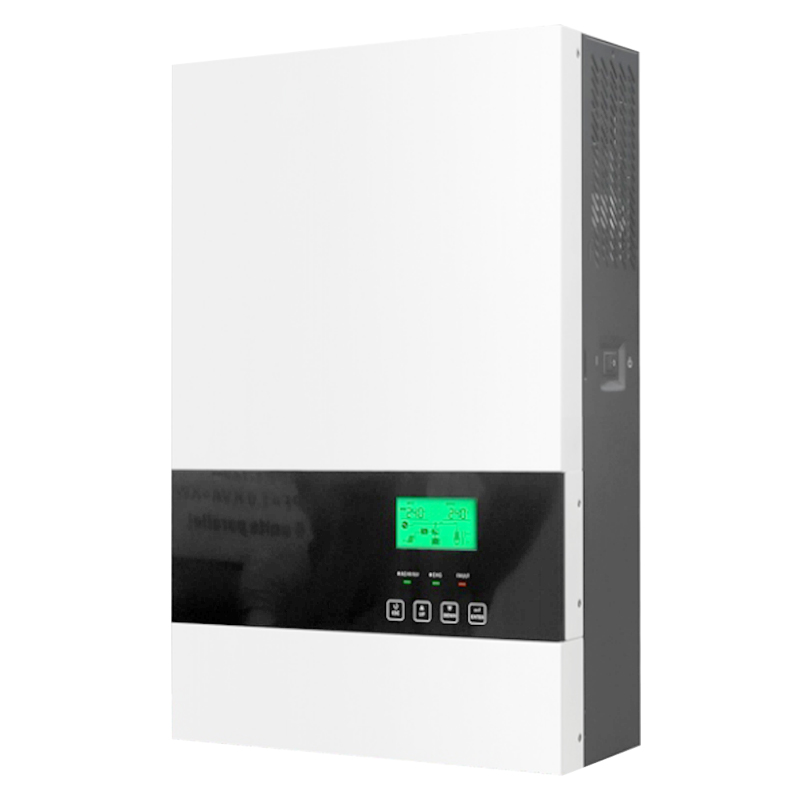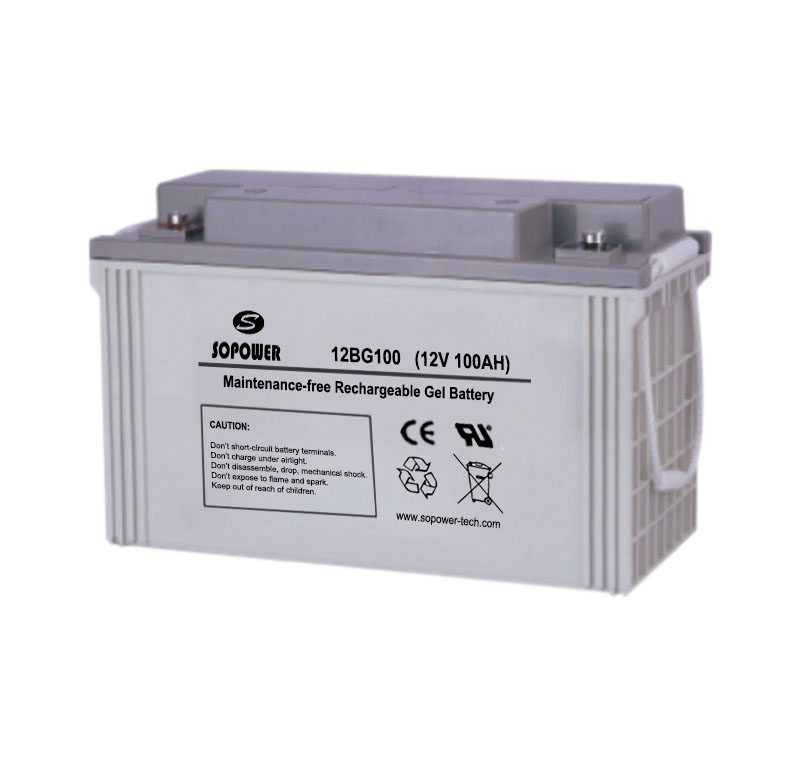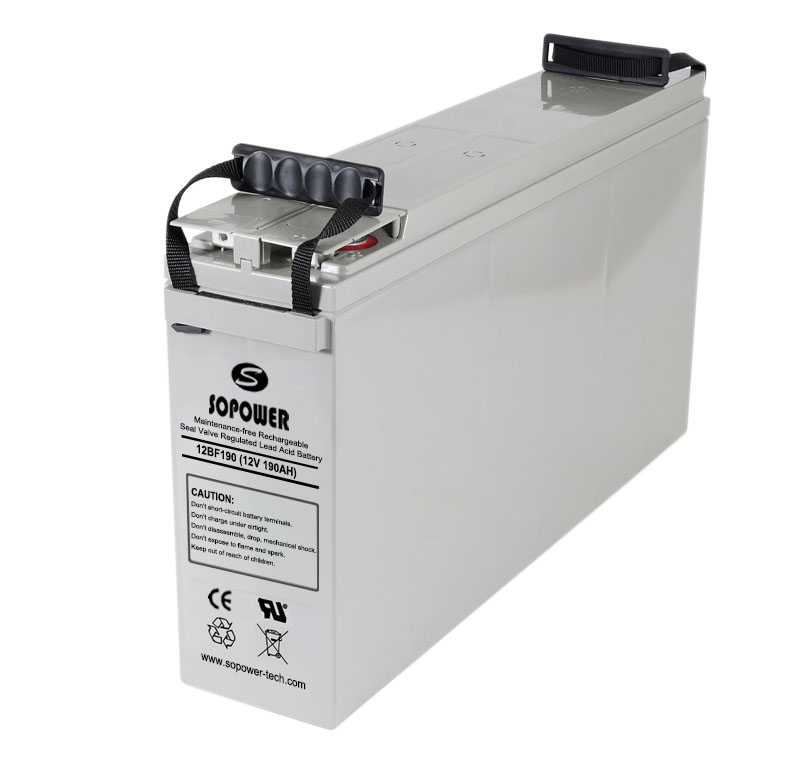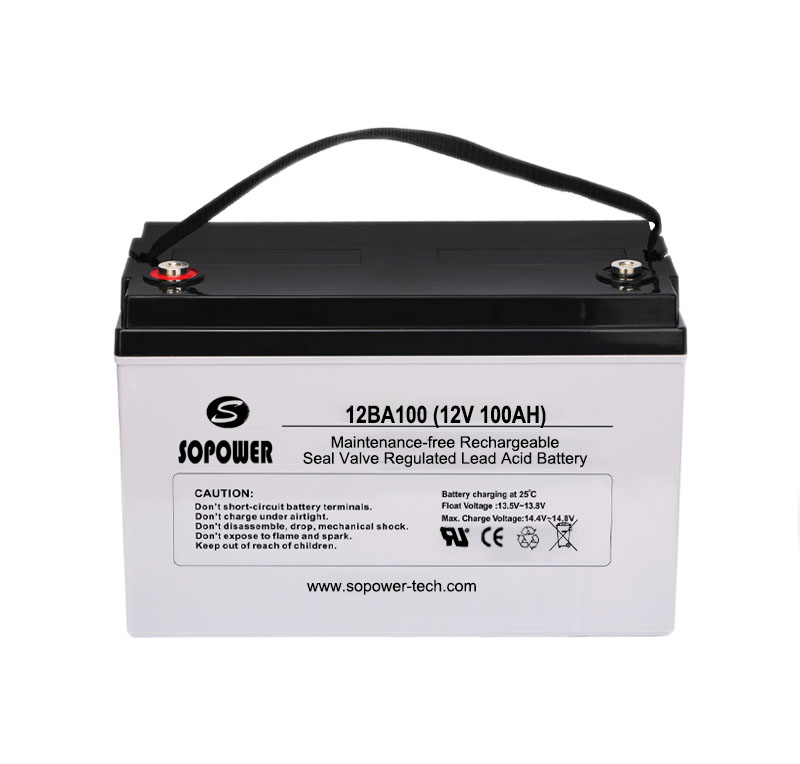Source: PV-Magazine Date: JANUARY 1, 2024
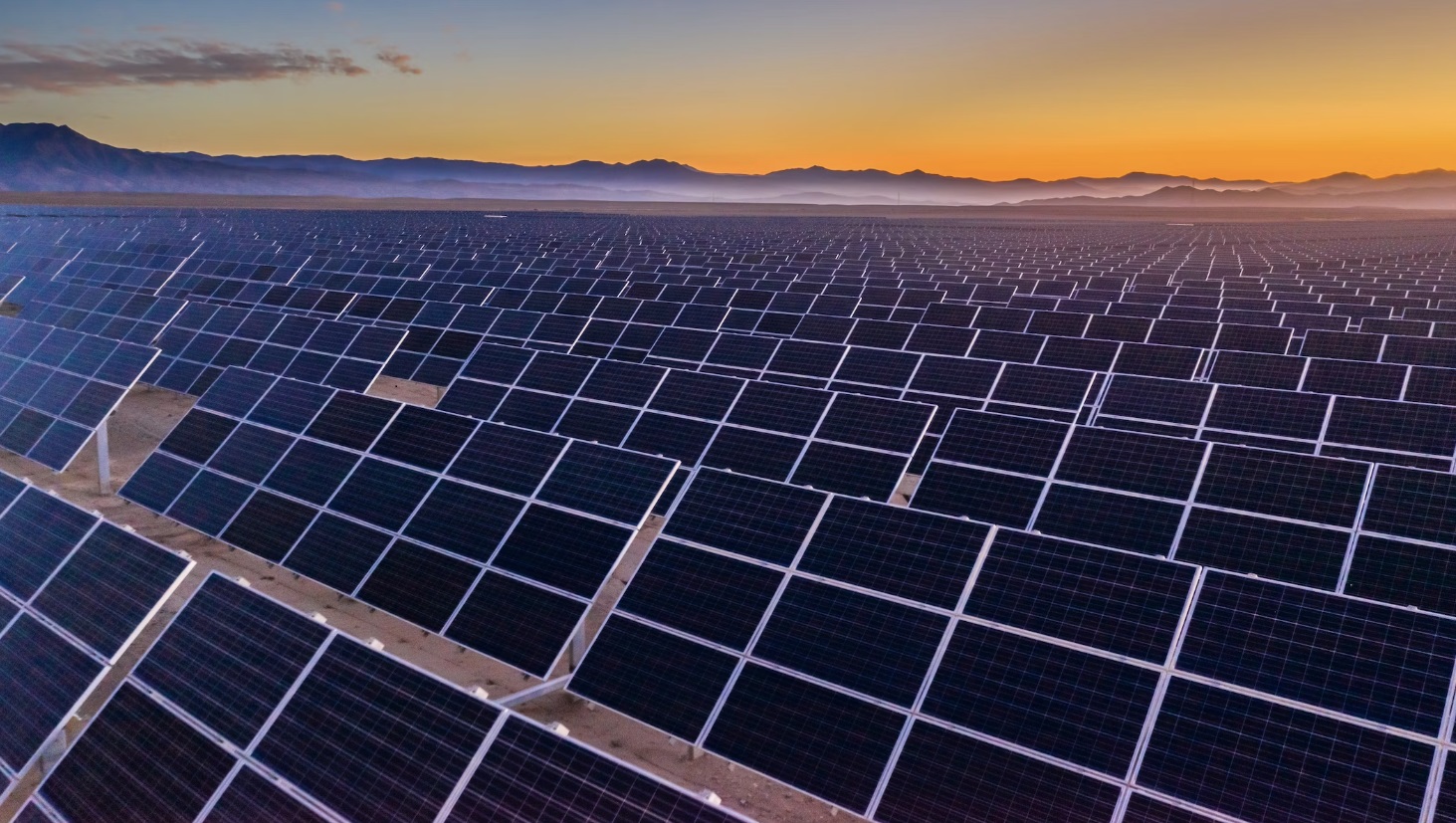
Researchers at the Dalian Institute of Chemical Physics (DICP) in China have developed a 70 kW-level vanadium flow battery stack. The newly designed stack comes in 40% below current 30 kW-level stacks in terms of costs, due to its volume power density of 130 kW/m3.
Vanadium flow batteries are one of the most promising technologies for large-scale energy storage, due to their long cycle life, excellent recyclability, and low fire risk. However, their uptake is largely limited due to their low energy densities compared to lithium-ion technology as well as high upfront cost.
Now, a team of researchers from the Dalian Institute of Chemical Physics (DICP) of the Chinese Academy of Sciences has developed a 70 kW-level high-power density vanadium flow battery stack. Compared with the current 30 kW-level stack, the new one comes at a 40% lower cost.
Boasting a higher power density of 130kW/m3, the new stack is smaller in volume, which results in the lower cost under the same power output conditions. By using this stack, a 20-foot container energy storage unit can be upgraded from 250 kW to 500 kW without greatly increasing the size of power units and the cost of system-supporting facilities.
The research team designed the new stack based on self-developed highly selective weldable, porous composite membranes and weldable highly conductive bipolar plates. It also used a short flow path, an ultra-thin battery structure, and low flow resistance and high distribution uniformity flow channels.
The energy efficiency of the stack is 81% under 70 kW rated power charge and discharge conditions, and 82.1% under 60 kW constant power charge and discharge conditions. In addition, the stack operates stably after more than 1,200 cycles, with only 1.7% energy efficiency decay, the researchers have reported.
“This 70kW-level stack can promote the commercialization of vanadium flow batteries. We believe that the development of this stack will improve the integration of power units in energy,” said Prof. LI Xianfeng, the research team leader.
With a lifespan of more than 20,000 cycles, redox flow batteries can provide a lower levelized cost of storage (LCOS) than lithium-ion batteries. However, the CAPEX per kWh of the most widely deployed type of flow chemistry, the vanadium redox flow batteries, is higher.
With lithium-ion less suitable for storing energy at durations greater than six hours, redox flow batteries offer a cheaper alternative for longer storage durations by vitue of their decoupled power and energy scaling. Namely, increasing duration of redox flow battery storage requires only the scaling of electrolyte storage tanks and electrolyte volumes, whereas cell stack configurations can remain unchanged.

